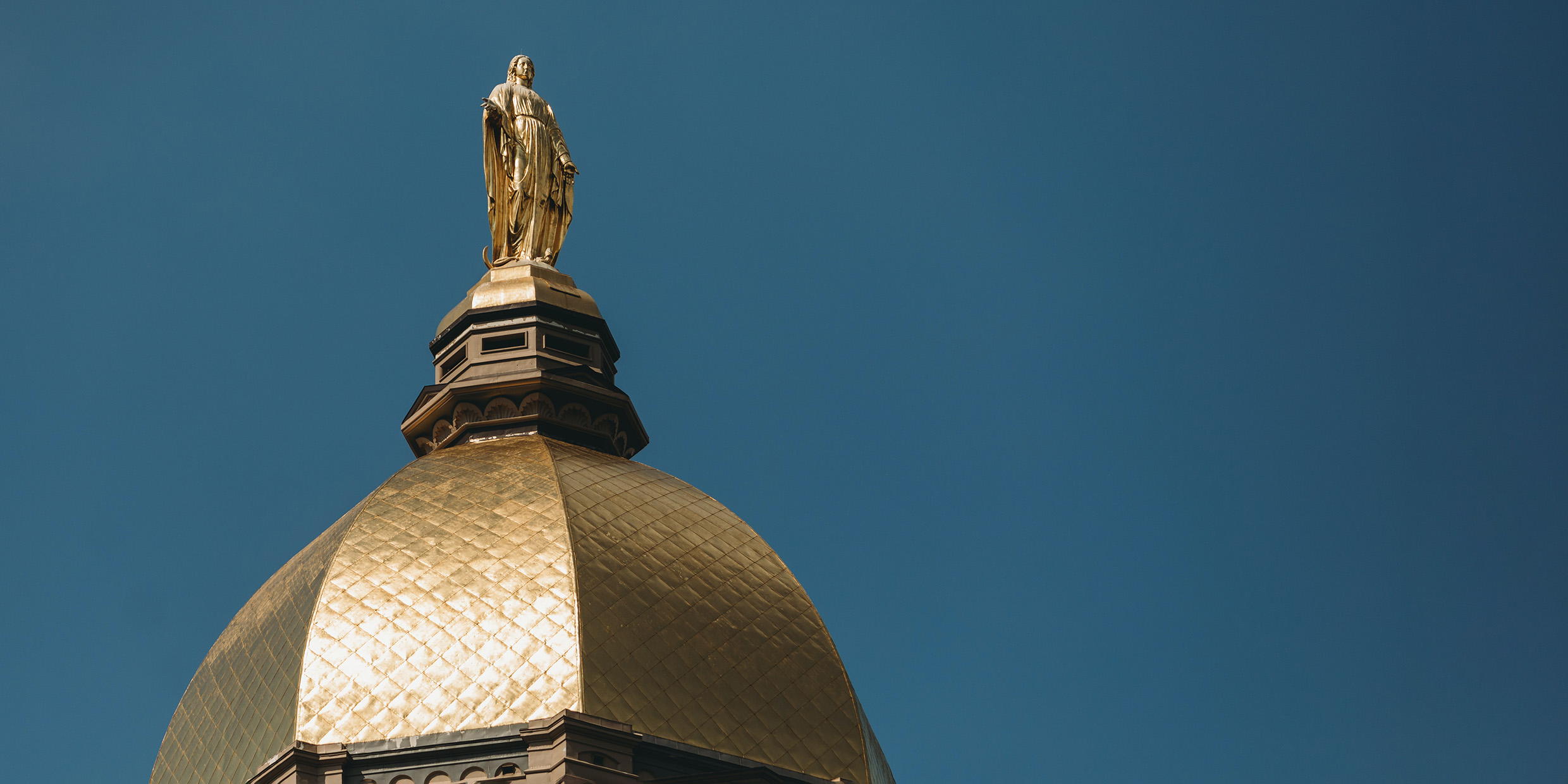Originally published 19 September 2004
During my lifetime, America party politics have mostly turned on matters of class, money, and race. This year’s election [in 2004] is the first where the fault line between the parties is primarily religious. Take away Bush’s evangelical base and it would be no contest.
The country is split down the middle between Born Agains and Only Live Oncers — fundamentalist Christians, on the one hand, and a loose alliance of atheists, agnostics, and what used to be called “mainstream” Christians and Jews, on the other.
The divide is at heart epistemological: How do we know what we know?
Born Agains take their truths from scriptures and the pulpit.
Only Live Oncers look to science for truth about the world.
Born Agains read the Good Book.
Only Live Oncers read the Book of Nature.
Born Agains see the world in black and white, true and false, good and
evil.
Only Live Oncers muddle along in a world of gray and nuance.
Born Agains plan to live forever, raptured into bliss. Only Live Oncers are content — or discontent, depending on their temperament — with whatever is sufficient for the day thereof.
I find all of this interesting because I’m one of the folks who crossed the line.
I grew up in the Bible-thumping South where every other telephone pole along the two-lane blacktops had a sign that said “Jesus is Coming Soon” or “Prepare To Meet Thy Maker.”
My family was Roman Catholic, a relative rarity in Tennessee. But I was raised to be Prepared. Armageddon might not be just around the corner, but an eternity of happinesss or torment was riding on my state of grace. I lived in fear that I might accidentally die with a mortal sin on my soul, some teenage peccadillo perhaps. Sheep on the right, goats on the left. Fire and brimstone for the goats.
But I had parents who read books and loved ideas. A few exceptional high school teachers, Dominican nuns, taught me to value the life of the mind. By a stroke of luck I went off to the University of Notre Dame just as a new young president, Father Theodore Hesburgh, decided a Catholic university could also be a great institution of learning. By the time I left that place, after eight years of undergraduate and graduate education, I had lost my faith.
For that, I give Notre Dame credit. My teachers taught me to think for myself, and gave me an excellent education in science that made no reference to religion. Notre Dame science was exactly the same as UCLA science (where I also spent a few years). Or University of Tokyo science, for that matter. I had discovered a way of knowing that transcends accidents of birth.
With a fresh Ph.D. in physics, I came with my growing family to the New England of Emerson and Thoreau. My transformation was complete; I had become an Only Live Oncer, and I was determined to live my one life as well as I could. I didn’t want to be good because I feared hellfire, but because it is good to be good — good for oneself, good for one’s family, good for one’s fellow men and women.
I no longer believed in the God of my forebears. I had become, in short, an atheist.
But I still felt religious. The more I learned about the natural world the more I stood in awe of its mystery. I longed to sing praise and thanksgiving. And to pray. “I don’t know exactly what a prayer is,” says Mary Oliver in a poem, “I do know how to pay attention, how to fall down into the grass, how to kneel down in the grass, how to be idle and blessed.” I knelt in the grass.
The biologist Richard Dawkins, whom I much admire, thinks it’s a fraud for someone of atheistic temperament to use the language of traditional religion. The word “God,” for example. Or “prayer.” These words have meanings defined by usage, he says. “God” is a transcendent personal being who hears and answers prayers and intervenes miraculously in the world. By that definition I am an atheist.
But why must words like “God” or “prayer” be stuck in their ancient usages? Why must I concede an age-old language of praise to the Born Agains? I read the Book of Nature; I have no qualms using the G‑word for the mystery that I find there, no embarrassment using the word “prayer” for attending with reverence to what I see.
I am an Only Live Oncer, but I try to live in a state of grace. Not supernatural grace, to be sure, but the myriad natural graces that bless and hallow the everyday.



